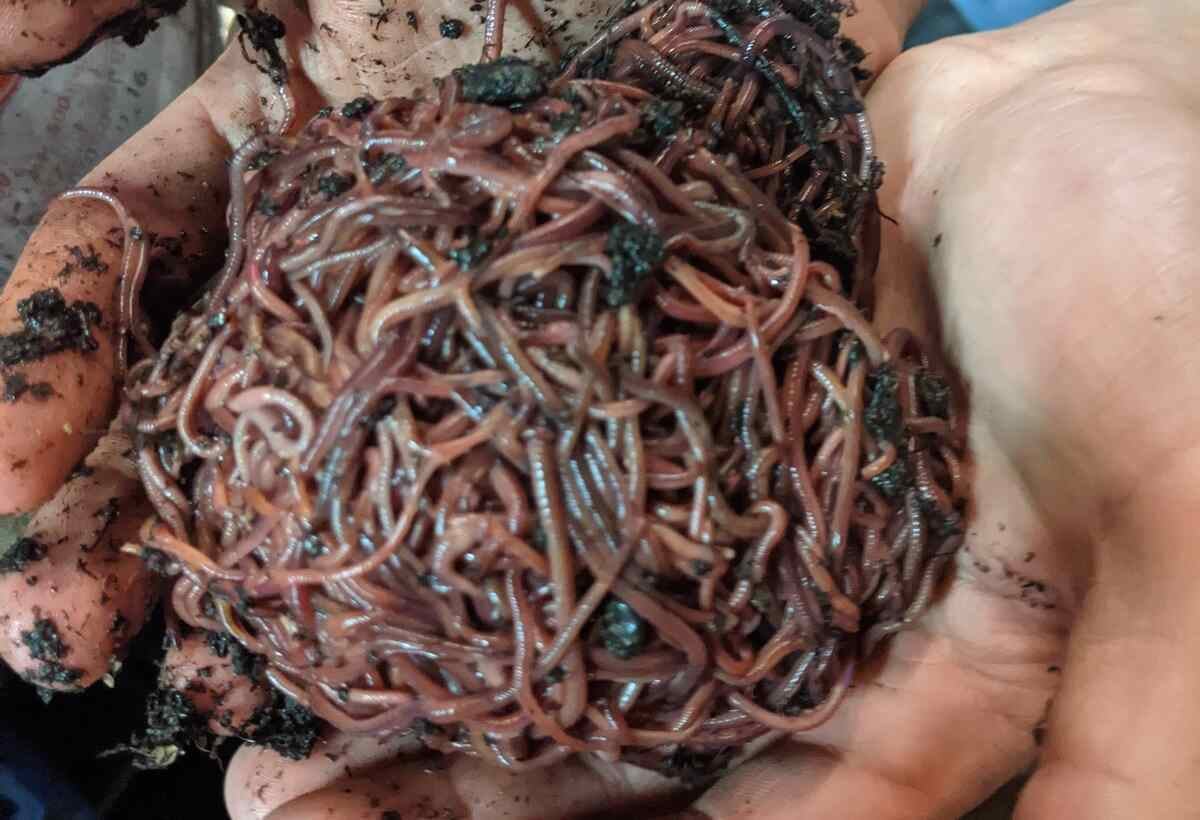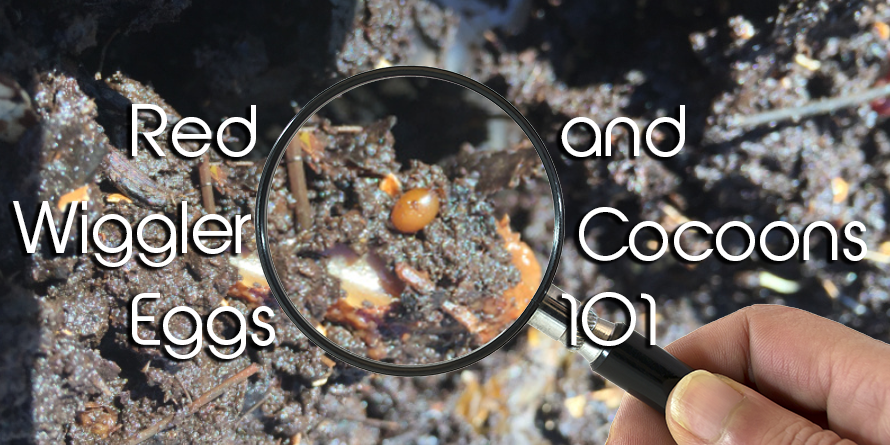Unlock the Keys of Red Wigglers: Your Overview to Composting Success
The combination of red wigglers right into composting practices presents a substantial possibility for improving dirt health and wellness and advertising sustainability. These organisms are not merely effective recyclers of natural waste; they supply a myriad of benefits that can change garden monitoring. Understanding their demands and actions is essential for maximizing their possibility, from establishing an ideal worm bin to feeding them the right materials. As we check out the essential elements of successful vermicomposting, one may wonder exactly how these tiny creatures can bring about a much more dynamic and productive yard ecological community.

What Are Red Wigglers?
(Red Wiggler Express)Red wigglers, clinically called Eisenia fetida, are a varieties of earthworm mainly used in composting due to their amazing capability to break down natural issue efficiently. These worms are identified by their reddish-brown coloration and a segmented body, generally determining in between 3 to 4 inches in size. Unlike other earthworm types, red wigglers grow in abundant, natural environments, making them optimal for vermicomposting systems.
Belonging To The United States And copyright, they are often located in decomposing fallen leaves and compost heap, where they play an essential duty in nutrient recycling. Their adaptation to staying in a wet, aerobic environment enables them to eat large quantities of organic waste, damaging it down into nutrient-rich spreadings that boost dirt health.
Red wigglers duplicate quickly, with a solitary worm capable of creating numerous cocoons each week, each containing multiple hatchlings. Recognizing the biology and behavior of red wigglers is vital for optimizing their possibility in composting applications.
Advantages of Making Use Of Red Wigglers
Using the power of red wigglers in composting provides many benefits that improve dirt wellness and promote sustainable waste administration. These impressive organisms successfully damage down natural issue, changing kitchen scraps and backyard waste into nutrient-rich vermicompost. This finished item is exceptionally helpful for plant growth, as it enhances soil structure, increases wetness retention, and improves vitamins and mineral availability.

(Red Wiggler Express)Furthermore, the presence of red wigglers in your composting system can increase the composting process, creating top quality garden compost in a portion of the moment contrasted to traditional methods. The spreadings produced by these worms are also including advantageous bacteria that additionally enhance the dirt ecosystem.
Setting Up Your Worm Bin
Creating a reliable worm container is a simple procedure that can substantially boost your composting initiatives. The primary step is picking a suitable container. Worm containers can be made from plastic storage bins, wood boxes, or readily available worm bins. Ensure the bin has adequate drain and air flow holes to maintain optimal wetness degrees and air flow.
Next, prepare the bedding material, which works as the worms' habitat. A mix of shredded paper, cardboard, and coconut coir functions well, offering a comfortable environment for the worms. Go for a bedding deepness of regarding 4-6 inches. Moisten the bedding gently, ensuring it resembles a moist sponge without excess water pooling at the bottom.

Feeding Your Red Wigglers
To ensure the health and productivity of your red wigglers, it is vital to offer them with a balanced diet plan that fulfills their nutritional demands. Red wigglers flourish on a diverse range of natural products, which not just supply essential nutrients but additionally advertise reliable composting.
Begin by including kitchen scraps such as veggie peels, fruit cores, and coffee premises. Avoid citrus fruits, onions, and garlic, as these can be destructive to worm health. In addition, introduce shredded paper, cardboard, and dry fallen leaves to produce a well-aerated setting.
Feeding frequency need to be kept an eye on; normally, worms can consume half their body weight in food weekly. It is critical to avoid overfeeding, as excess food can bring about unpleasant odors and draw in parasites. A great method is to add food in tiny amounts, permitting worms to process it prior to presenting much more.
Maintaining dampness degrees is also crucial; the bedding ought to be wet yet not soggy. Last but not least, be certain to frequently check the temperature level and pH levels of the bin to make certain an ideal setting for your red wigglers, ultimately enhancing their composting efficiency.
Harvesting and Utilizing Compost
An effective composting process with red wigglers finishes in the abundant, dark compost referred to as vermicompost, which can considerably enhance soil health and wellness and plant development. Collecting this nutrient-dense material typically happens every 3 to 6 months, relying on the size of your system and the quantity of raw material being processed.
To gather, carefully different the garden compost from the worms and any type of undecomposed materials. One effective technique includes relocating the materials of the container away and adding fresh bed linen and food to the void, encouraging the worms to move. After a few days, the garden compost can be collected from the opposite side.
It is vital to utilize vermicompost appropriately to maximize its advantages. It can be utilized as a top dressing for garden beds, blended into potting soil, or brewed into a nutrient-rich liquid fertilizer known as "worm tea." This application approach helps to deliver necessary nutrients straight to plant origins, advertising much healthier growth. By including vermicompost into your gardening program, you not just recycle organic waste however likewise create a flourishing community that sustains lasting horticulture techniques.
Verdict
In recap, red wigglers function as phenomenal allies in composting efforts, transforming organic waste into nutrient-rich vermicompost (Red Wiggler Express). Their unique biological features and efficient waste handling capacities contribute dramatically to sustainable gardening techniques. By recognizing the ideal problems for their environment, feeding demands, and compost find out this here harvesting strategies, gardeners can enhance dirt health and promote plant vitality. Welcoming vermicomposting not only lowers land fill waste however additionally promotes a much more eco liable technique to horticulture and resource monitoring.